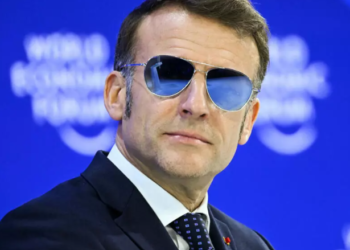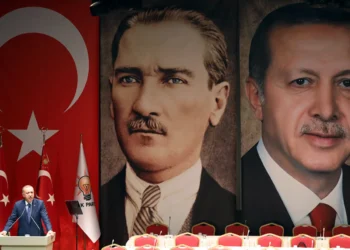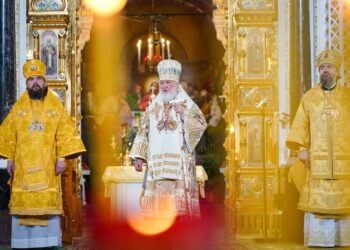WASHINGTON (Realist English). When Iowa gas station worker Timothy Schultz won a $29 million jackpot in 1999, lottery officials encouraged him to hold a press conference, warning that state law required his name to be disclosed anyway. Overnight, he became a public figure, asked for autographs and even to be “rubbed for good luck.” Now in his 40s, Schultz admits he would choose anonymity if given the option today.
“I wasn’t just Tim anymore, I was Tim the lottery winner,” he recalled.
On Saturday, the $1.8 billion Powerball draw — the second-largest in history — will create another winner, but unlike Schultz, they may never have to face the cameras. Over the past two decades, many US states have adopted laws allowing lottery winners to remain anonymous, citing security risks and the dangers of public exposure.
Nine states now guarantee full anonymity for winners, while ten others offer it above certain thresholds. Elsewhere, winners can use private trusts to shield their identities. Attorneys and financial advisers often encourage clients to claim prizes through intermediaries and even to time announcements for days when news cycles are dominated by politics.
“There’s a flood of investors, scammers and desperate appeals that hit winners immediately,” said Kurt Panouses, a veteran lottery lawyer. “Most people don’t have the experience to keep saying no.”
The tradition of naming winners dates back to the 18th century, when transparency was seen as essential to building public trust in lotteries. But cautionary tales, like that of Andrew “Jack” Whittaker Jr., who won $113 million in 2002 and later said he wished he had torn up the ticket after years of lawsuits and scandals, have fueled support for anonymity.
States, however, still see value in disclosure. “You don’t want the lottery director’s nephew to win every jackpot and nobody know who it is,” said historian Jonathan D. Cohen, author of For a Dollar and a Dream.
Recent winners have handled fame differently. Edwin Castro, who claimed a $2.04 billion California jackpot in 2022, issued only a written statement. By contrast, a Laotian immigrant and cancer survivor who won $1.3 billion last year lifted his check at a press conference, hoping to inspire others.
Schultz says such stories still matter. “It can be positive if they want to inspire people,” he said. “But anonymity is a choice that protects you from everything else that comes with it.”


















